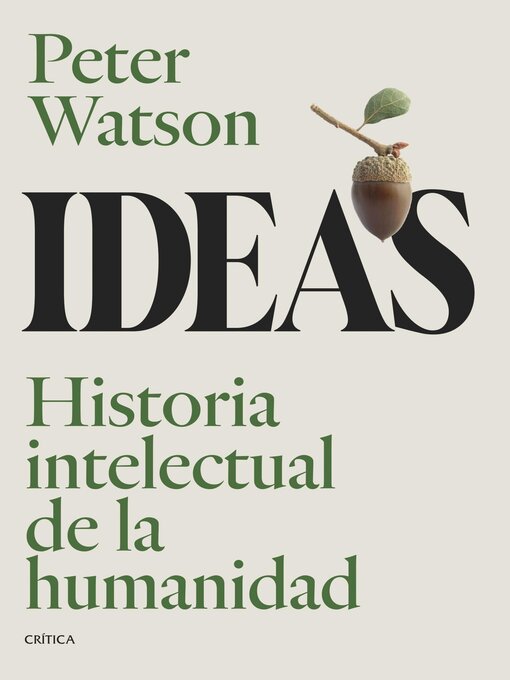- Newly Added eBooks
- Most Popular eBooks
- Try Something Different
- In Case You Missed It!
- Staff Picks
- See all ebooks collections
- Newly Added Audiobooks
- Most Popular Audiobooks
- Try Something Different
- In Case You Missed It!
- Staff Picks
- See all e-audiobooks collections
- Magazines
- News & Politics
- Celebrity
- Women's Lifestyle
- Men's Lifestyle
- Health & Fitness
- Food & Wine
- See all magazines collections

